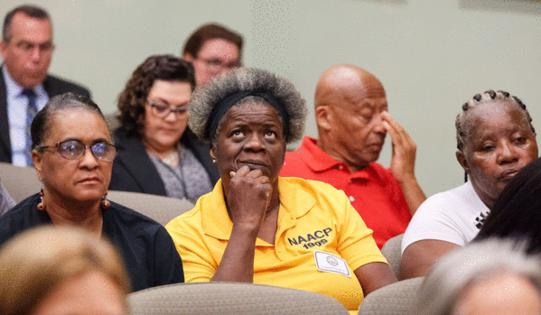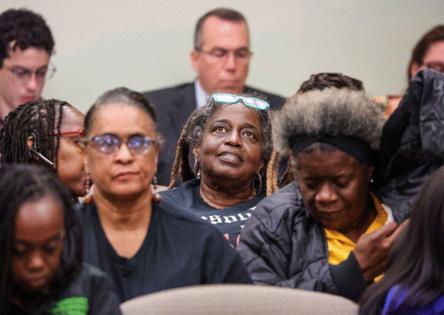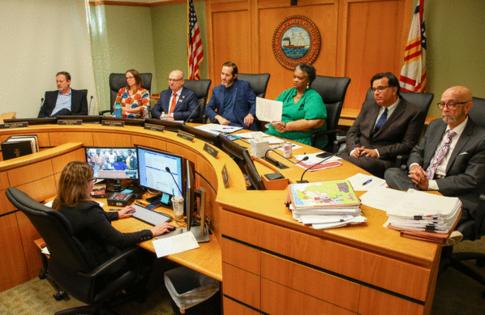Recognizing racist past, Tampa will create reconciliation committee
Published in News & Features
TAMPA, Fla. — More than three years after the Tampa City Council formally apologized for the city’s racist past, the body unanimously approved the formation of a committee tasked with examining and addressing persistent inequities in Florida’s third-largest city.
The 13-member Race Reconciliation Committee will make policy recommendations to “address our economic and racial divide,” according to the resolution passed Thursday, which now heads to Mayor Jane Castor for her signature.
The committee will probe five topics: affordable housing, development, youth empowerment, residents returning from prison and ignored history. The committee is expected to prepare a written report for the City Council before February 2025. It will then be dissolved.
The measure passed against a backdrop in which Florida Gov. Ron DeSantis intensified his efforts to deemphasize racism in the state’s public school system curriculum, arguing some Black people benefited from being enslaved. He also backed and signed legislation banning programs aimed at promoting diversity, equity and inclusion in the state’s public universities.
Still, when the initiative passed Thursday afternoon, there was no audible celebration or sense of success in the halls of Old City Hall. Instead there was an audience of just a handful of residents who have been pushing for change, week after week, who sighed and shook their heads at what they characterized as half-hearted effort to examine hard truths.
“We’re still not being listened to,” Connie Burton told The Tampa Bay Times, standing in the chamber hallway. A lifelong East Tampa resident and chair of the Hillsborough County NAACP’s housing committee, she feels the long arm of racism holding her community down, in the gentrification of her neighborhood, in the imprisonment of teenagers, in hiring managers’ stereotypes, in unjust evictions.
She fears grassroots activists responsible for this development will be overlooked for committee appointments and expressed disappointment at a perceived disengagement of Mayor Castor, also a former police chief.
“It’s unfortunate for the city of Tampa that the mayor has decided not to participate in resolving long, historical wounds of oppression that continue to affect Black citizens,” Burton said.
In 2020, the pandemic and protests over police brutality underscored the nation’s persisting racial inequities. A growing number of cities across the U.S. began to form panels aimed at studying inequities, confronting the past and offering paths forward.
That September, the Tampa City Council unanimously passed Resolution 568, officially apologizing “for any and all past participation in sanctioning segregation and systemic discrimination of African Americans.”
...continued
©2024 Tampa Bay Times. Visit tampabay.com. Distributed by Tribune Content Agency, LLC.












Comments